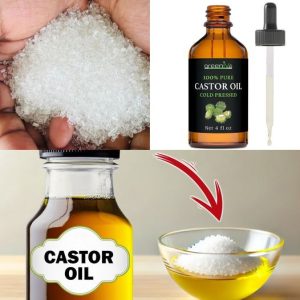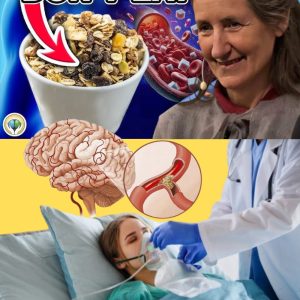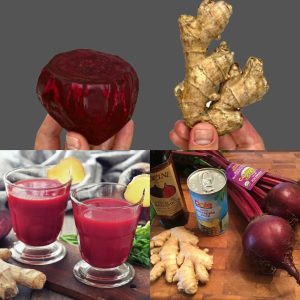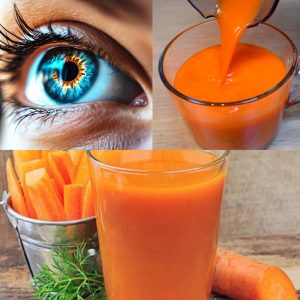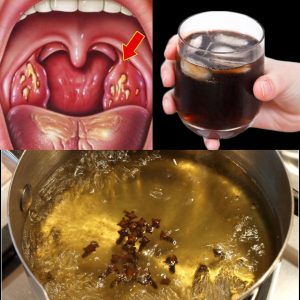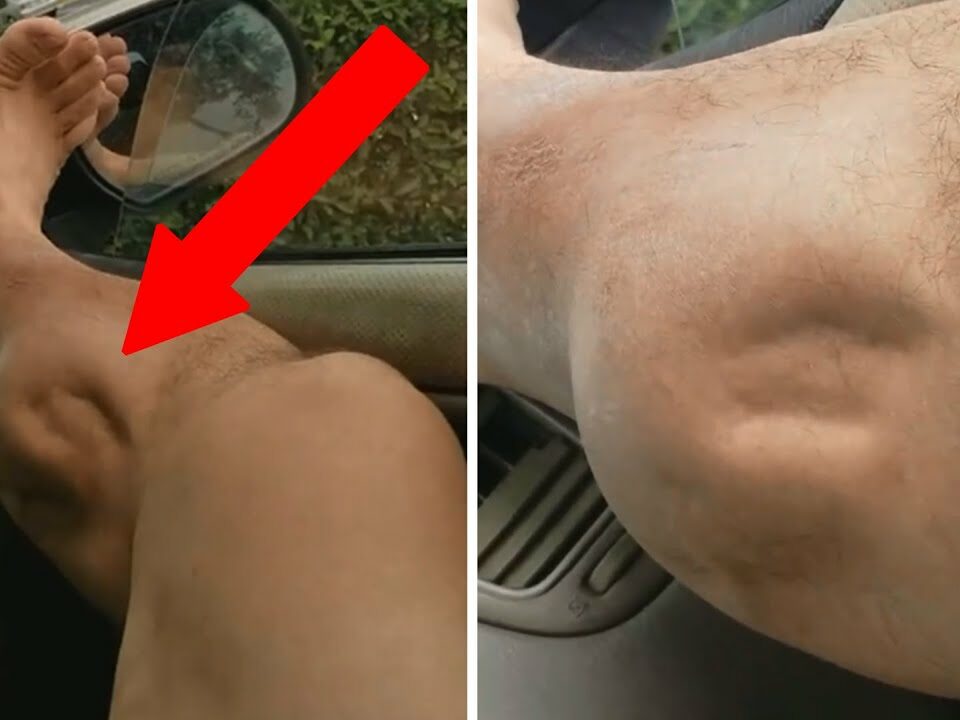
Muscle cramps are sudden, involuntary contractions or spasms in one or more muscles. They can be quite painful and often occur at the most inconvenient times, such as during exercise or at night. Understanding what causes muscle cramps and how to prevent them can help you manage and reduce their occurrence. Here’s a closer look at the causes of muscle cramps and some effective prevention strategies.
What Causes Muscle Cramps?
1.Dehydration:
When your body loses too much water, it can lead to an imbalance in electrolytes, such as sodium, potassium, and calcium, which are essential for proper muscle function. Dehydration is a common cause of muscle cramps, especially during or after exercise.
2.Electrolyte Imbalance:
Electrolytes play a crucial role in muscle contraction and relaxation. An imbalance, whether due to dehydration, poor diet, or excessive sweating, can cause muscle cramps.
3.Overuse or Strain:
Overusing a muscle or subjecting it to excessive strain during physical activities can lead to cramps. This is common in athletes or individuals who engage in vigorous exercise without proper preparation.
4.Poor Blood Circulation:
Inadequate blood flow to muscles, often caused by sitting or lying in one position for too long, can result in muscle cramps. This is why cramps often occur at night.
5.Mineral Deficiency:
A deficiency in essential minerals like magnesium, potassium, or calcium can contribute to muscle cramps. These minerals are vital for muscle function and contraction.
How to Prevent Muscle Cramps
1.Stay Hydrated:
Drink plenty of water throughout the day, especially before, during, and after exercise. Proper hydration helps maintain electrolyte balance and prevents cramps.
2.Maintain a Balanced Diet:
Ensure your diet includes foods rich in essential minerals like potassium (bananas, oranges), magnesium (nuts, seeds), and calcium (dairy products, leafy greens). A balanced diet supports overall muscle health.
3.Stretch Regularly:
Incorporate stretching exercises into your daily routine to improve flexibility and reduce muscle tension. Stretching before and after exercise can help prevent cramps.
4.Exercise Wisely:
Gradually increase the intensity and duration of your workouts to avoid overstraining your muscles. Ensure you warm up before exercising and cool down afterward.
5.Improve Circulation:
Avoid sitting or lying in one position for extended periods. Take breaks to move around and stretch your muscles to improve blood flow.
6.Consider Supplements:
If you suspect a mineral deficiency, consider taking supplements after consulting with your healthcare provider. Supplements can help maintain the necessary levels of essential minerals.
Conclusion
Muscle cramps can be painful and disruptive, but understanding their causes and taking preventive measures can significantly reduce their occurrence. By staying hydrated, maintaining a balanced diet, stretching regularly, and exercising wisely, you can keep your muscles healthy and minimize the risk of cramps. Implement these simple strategies into your daily routine and enjoy a more comfortable, cramp-free life.
Stay active and healthy!
